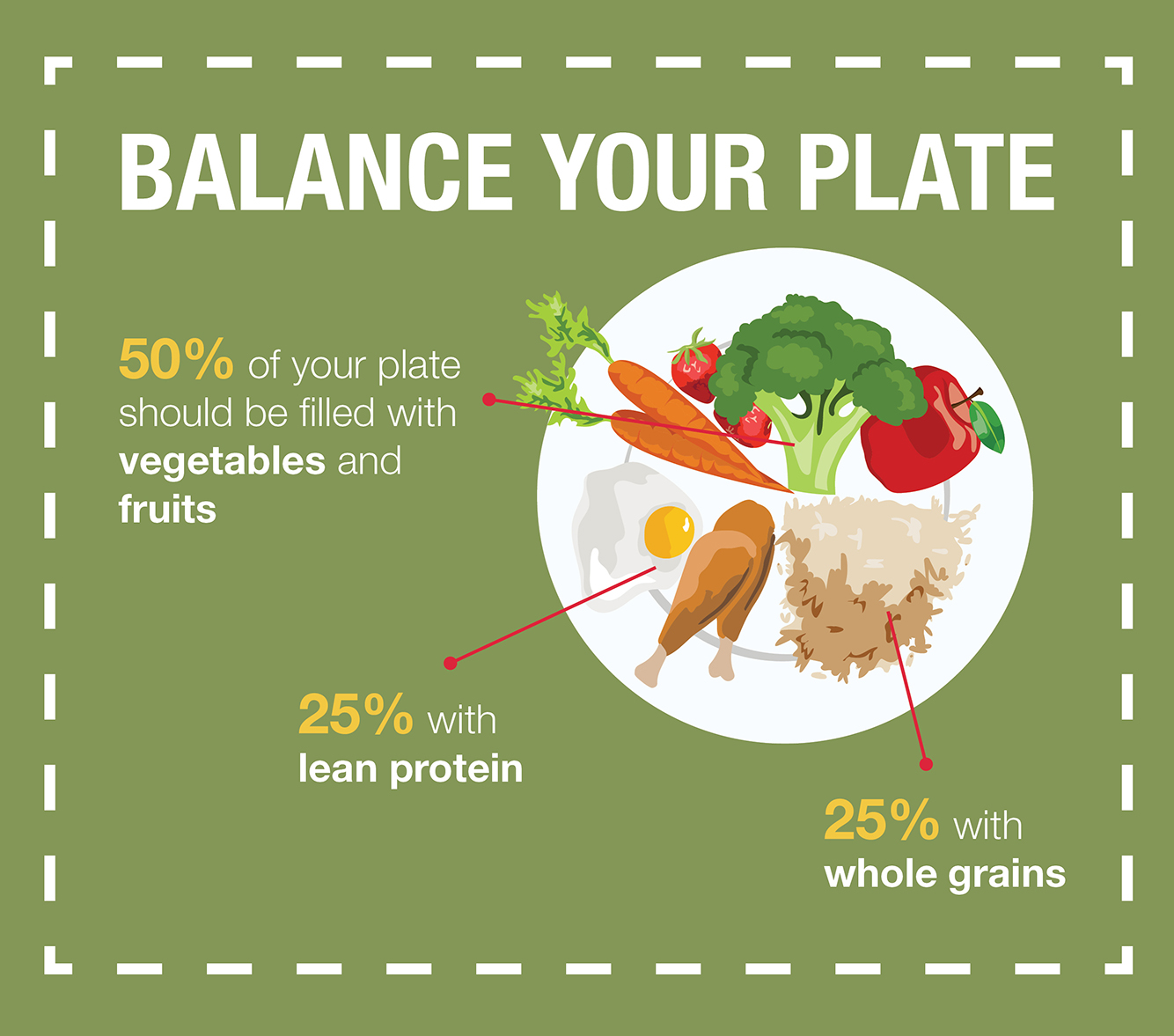Nutrition for Cancer Health

The Role of Nutrition in Cancer Prevention
Nutrition is a critical component of cancer prevention, as it can help to reduce the risk of developing cancer or its recurrence. A healthy diet that is rich in fruits, vegetables, whole grains, and lean protein can provide the body with the nutrients it needs to support its natural defenses and reduce the risk of developing cancer.
The Benefits of a Plant-Based Diet
A plant-based diet is one that is rich in fruits, vegetables, whole grains, and legumes, and low in processed foods, red meat, and saturated fat. Studies have shown that a plant-based diet can help to reduce the risk of developing cancer, as well as other chronic diseases such as heart disease, diabetes, and obesity.
The Role of Antioxidants
Antioxidants are compounds that help to protect the body from damage caused by free radicals, which are unstable molecules that can damage cells and DNA. Foods that are rich in antioxidants, such as berries, leafy greens, and nuts, can help to reduce the risk of developing cancer and other chronic diseases.
The Role of Nutrition in Cancer Treatment
In addition to preventing cancer, nutrition can also play a critical role in cancer treatment. A healthy diet can help to support the body's natural defenses, reduce the risk of infection, and improve overall quality of life during and after cancer treatment.
The Importance of Protein
Protein is critical for the body's natural defenses, as it helps to repair and rebuild tissues and fight infection. During cancer treatment, it is important to consume enough protein to support the body's immune system and prevent muscle wasting.
The Role of Omega-3 Fatty Acids
Omega-3 fatty acids are essential fats that the body needs to function properly. Studies have shown that omega-3 fatty acids can help to reduce inflammation and improve overall health, and may also have anti-cancer properties.
Key Takeaways
- A healthy diet that is rich in fruits, vegetables, whole grains, and lean protein can help to reduce the risk of developing cancer or its recurrence.
- A plant-based diet is particularly effective at reducing the risk of developing cancer and other chronic diseases.
- Antioxidants and omega-3 fatty acids are important nutrients that can help to support the body's natural defenses and reduce the risk of developing cancer.
- During cancer treatment, it is important to consume enough protein to support the body's immune system and prevent muscle wasting.
FAQ
What are some foods that can help to prevent cancer?
Foods that are rich in antioxidants, such as berries, leafy greens, and nuts, can help to reduce the risk of developing cancer. A plant-based diet that is low in processed foods, red meat, and saturated fat can also help to prevent cancer.
What are some foods to avoid during cancer treatment?
During cancer treatment, it is important to avoid foods that may increase the risk of infection, such as raw or undercooked meat, fish, and eggs. It is also important to limit the intake of processed foods, red meat, and saturated fat, as these can contribute to inflammation and may reduce the effectiveness of treatment.
Is it safe to take supplements during cancer treatment?
It is important to talk to your doctor before taking any supplements during cancer treatment, as some supplements may interact with certain medications or treatments. Your doctor can help you determine which supplements are safe and effective for you.
What are some tips for maintaining a healthy diet during cancer treatment?
Some tips for maintaining a healthy diet during cancer treatment include eating small, frequent meals throughout the day, focusing on nutrient-dense foods such as fruits, vegetables, and lean protein, and staying hydrated by drinking plenty of water and other fluids.
